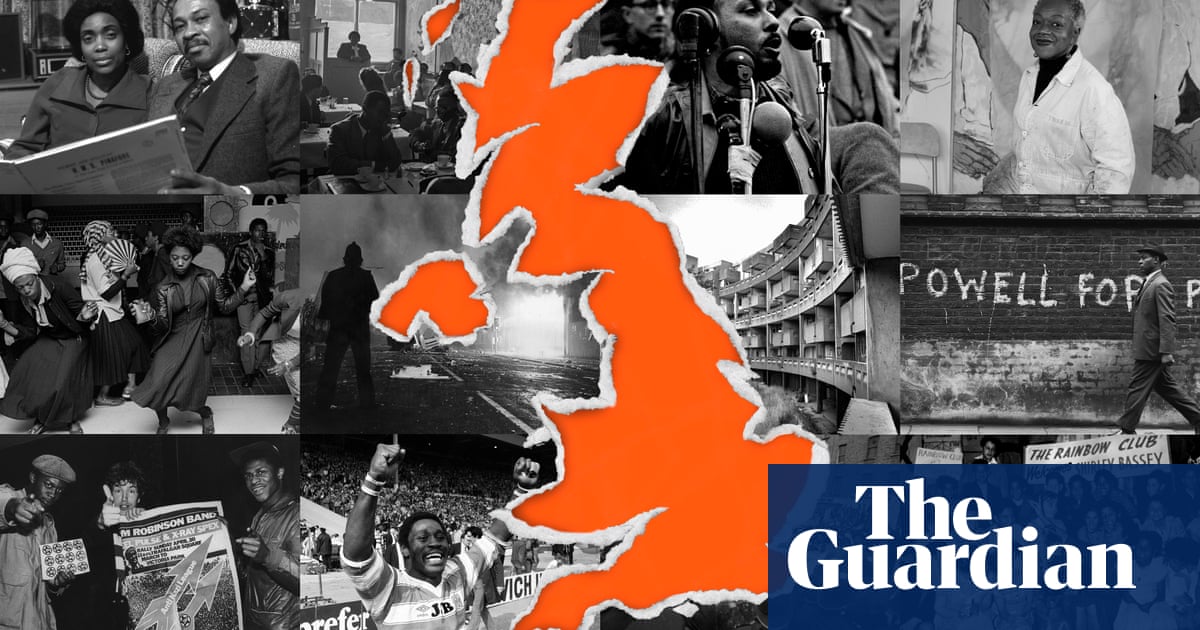The article highlights an important aspect of Black British history that often goes unnoticed, particularly narratives outside of London. Lanre Bakare’s exploration serves as a reminder that the history of Black communities in the UK is rich and varied, encompassing more than just well-known events.
Purpose of the Article
The intention behind this article seems to be to broaden the understanding of Black British history by focusing on lesser-known stories from various cities beyond London. This shift aims to educate the public on the diverse experiences and contributions of Black communities across the UK, with the hope of fostering greater appreciation and recognition of their impact.
Public Perception
By emphasizing stories like that of George Lindo and the vibrant history of house music in Manchester, the article seeks to reshape public perception of Black British identity. This narrative not only challenges the dominant historical discourse but also invites listeners to celebrate and acknowledge the complexity of these communities.
Omission of Other Issues
While the article sheds light on significant historical events, it may not address ongoing contemporary issues faced by these communities, such as systemic racism and socio-economic challenges. This omission could lead to a skewed understanding if readers do not seek out broader context.
Reliability of the Information
The article appears to be well-researched, drawing on personal narratives and historical accounts. However, the focus on specific stories may lead to questions regarding the representativeness of the experiences discussed. Thus, while the individual stories are credible, the overall portrayal of Black British history could benefit from a more inclusive approach.
Shaping Societal Narratives
The narrative presented is likely to resonate more with those who identify with the themes of cultural identity and historical justice. It may particularly appeal to younger generations and those actively engaged in discussions surrounding race and representation.
Economic and Political Implications
This article does not directly address economic or political implications. However, by promoting awareness of these historical narratives, it could inspire advocacy for policy changes that support marginalized communities, potentially influencing both political discourse and funding for cultural projects.
Connections to Other News
In the context of current events, this piece fits into a broader trend of exploring historical injustices and their lasting effects. It reflects a growing interest in social justice narratives that have gained traction in recent years, particularly in the wake of movements advocating for racial equality.
Use of AI in Article Creation
It is possible that AI tools were utilized in drafting this article, especially in structuring the narrative or generating engaging content. However, the personal anecdotes and specific historical references suggest a human touch in the storytelling, indicating a collaborative approach.
Manipulative Elements
While the article primarily aims to educate, one could argue that a selective focus on certain stories may inadvertently downplay the ongoing struggles faced by Black communities. This selective narrative could be seen as a form of manipulation if it leads to complacency regarding current issues.
In conclusion, the article serves as a crucial reminder of the diverse narratives within Black British history, aiming to cultivate a greater appreciation of these contributions. However, it would benefit from a more comprehensive approach that includes contemporary issues faced by these communities, ensuring a well-rounded understanding of their experiences.
